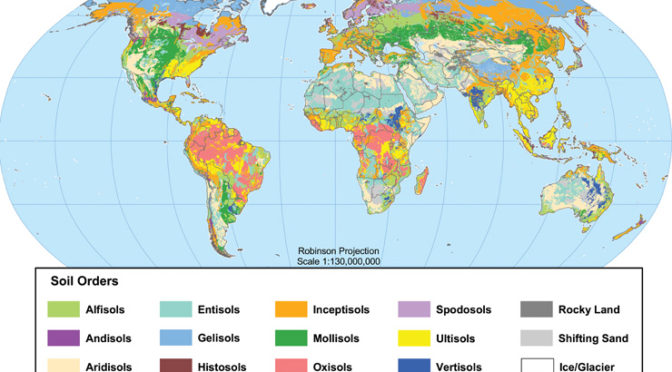I’m always saying, “If the farmers make money, the farmers will farm.” It’s very basic. But what’s also basic is that if the soil is healthy, the plants will grow.
Nobody wants to need pesticides to grow their food, but you need some way to keep the disease and pests away from the plants. Using pesticides is expensive, and it’s something most farmers just would rather not do.
Now scientists are talking about how microbes in the dirt may protect plants just as our own immune system protects our bodies. They are discovering that there is a real similarity between soil immunity and a human’s immune system.
From The New York Times:
Researchers divide our immune responses into two types: an all-purpose defense against invaders, and precise assaults on specific enemies. Soil microbes seem to rely on a similarly two-pronged strategy.
When soils are loaded with microbes, they use so many nutrients that it’s hard for a lethal blight or other pathogen to gain a foothold. Some may manage to survive, but they don’t flourish — or wreak havoc on plants.
When scientists heat up soil and kill its native microbes, pathogens begin to grow, feasting on the nutrients in the soil and eventually attacking plants.
Along with this general defense, soil microbes can also target individual species of pathogens. Scientists have found that a strain of Pseudomonas bacteria, for instance, can protect wheat from a fungal disease called take-all root rot.
It’s a complex business, and scientists are finding farmers may be able to encourage plant-protecting microbes in their fields. And they might also be able to breed crops that are better at producing needed microbes. Read more in the New York Times article.
This is important research and could be very helpful for farmers. It’s along the same lines that Korean Natural farmers and other soil health proponents are utilizing.


Have you heard of high brix farming? Combines microbes with proper mineral ratios for maximum nutrient / mineral uptake… resulting in highest nutrition and best flavor…
http://highbrixgardens.com/nutrient-dense-foods.html